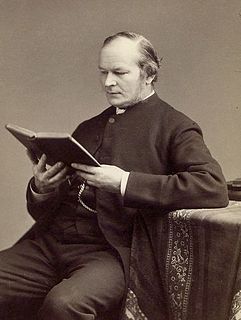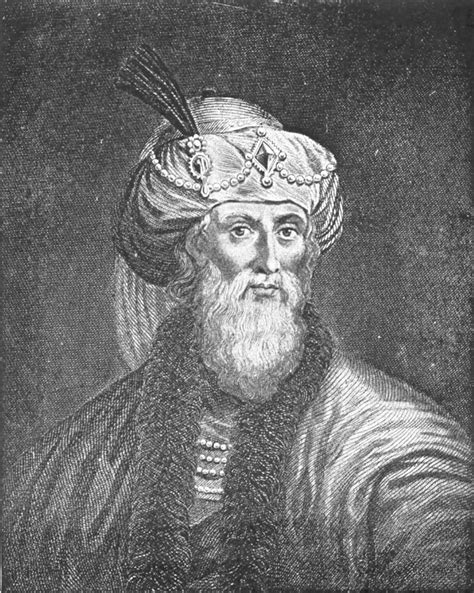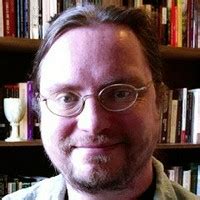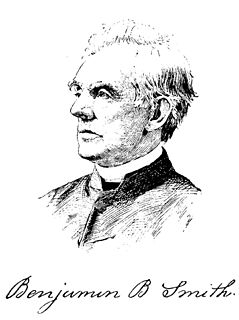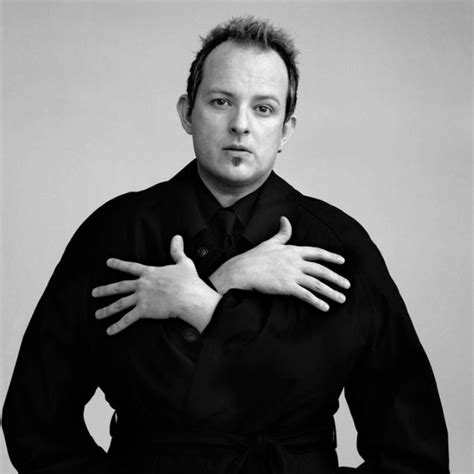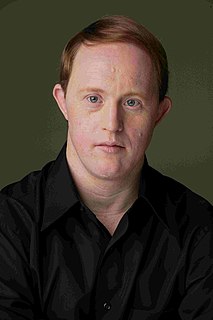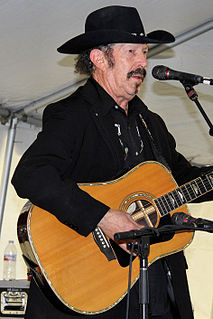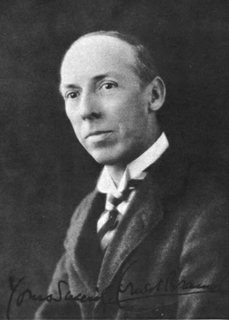A Quote by Frederic William Farrar
There was living in the palace at this time a brother of the great Germanicus, and consequently an uncle of the late emperor, whose name was Claudius Caesar.
Related Quotes
Homer, Hesiod, Pythagoras, Plato, and Cicero, just to name a few, all lived in pagan societies. Some of the greatest political and military leaders of all time, such as Alexander the Great, Pericles of Athens, Hannibal of Carthage, and Julius Caesar of Rome, were all pagans, or else living in a pagan society.
My uncle Claude was my favorite uncle he was also my godfather. He and I were really, really close. He used to take me to see cowboy movies all the time when I was a little boy because I loved cowboy movies. He got a cowboy name for me, which was Smokey Joe. So from the time I was three years old if people asked me what my name was I didn't tell them my name was William, I told them my name was Smokey Joe.
He was Caesar and Pope in one; but he was Pope without Pope's pretensions, Caesar without the legions of Caesar: without a standing army, without a bodyguard, without a palace, without a fixed revenue; if ever any man had the right to say that he ruled by the right divine, it was Mohammed, for he had all the power without its instruments and without its supports.
That might work," I said. "I'm good at faking it." This led to a couple moments of uncomfortable silence from both of us. "You didn't mean... ?" Morelli asked. "No. Of course not." "Never?" "Maybe once." His eyes narrowed. "Once?" "It's all that comes to mind. It was the time we were late for your Uncle Spud's birthday party." "I remember that. That was great. You're telling me you faked it?" "We were late! I couldn't concentrate. It seemed like the best way to go.
George was the easy part. As for Michael, I had always liked the name, and my father's brother is named Michael. I thought it was a good idea because there are a lot of Greeks in England with the second name of Michael; as a child I had a Greek friend whose second name was Michael. It was like getting the name that I wanted without having to get rid of the Greek element.
But the most dangerous thing in the world in the world is to run the risk of waking up one morning and realizing suddenly that all this time you've been living without really and truly living and by then it's too late. When you wake up to that kind of realization, it's too late for wishes and regrets. It's even too late to dream.
At the mention of the name and offence of this degraded being a great sound went up from the entire multitude - a universal cry of execration, not greatly dissimilar from that which may be frequently heard in the crowded Temple of Impartiality when the one whose duty it is to take up, at a venture, the folded papers, announces that the sublime Emperor, or some mandarin of exalted rank, has been so fortunate as to hold the winning number in the Annual State Lottery.
